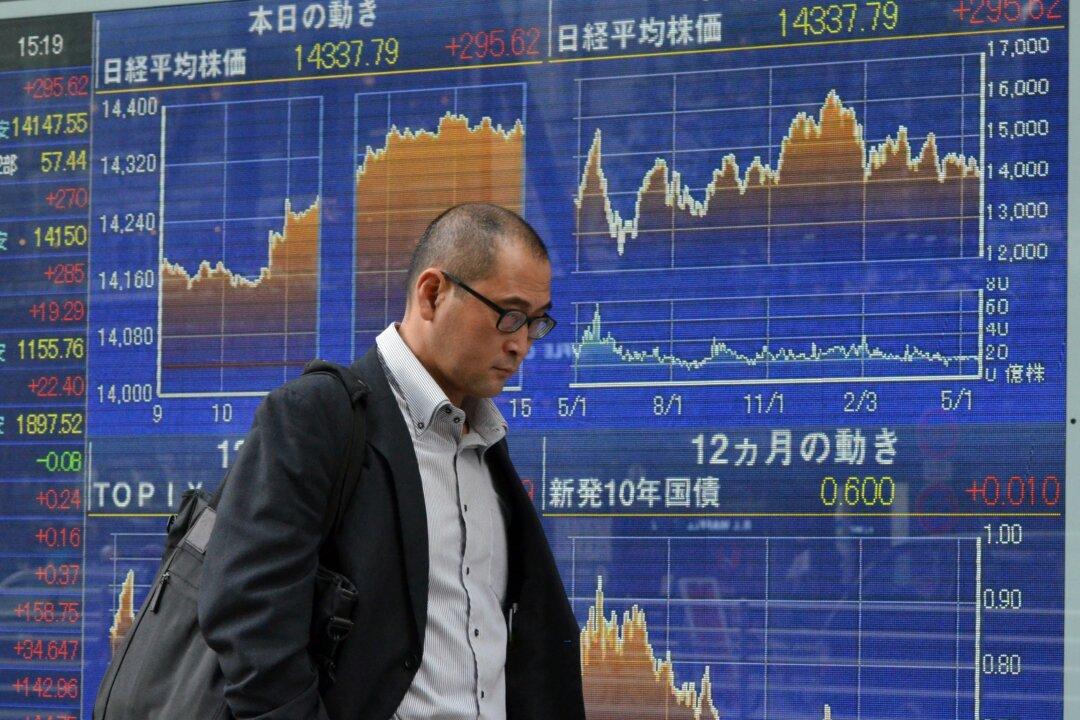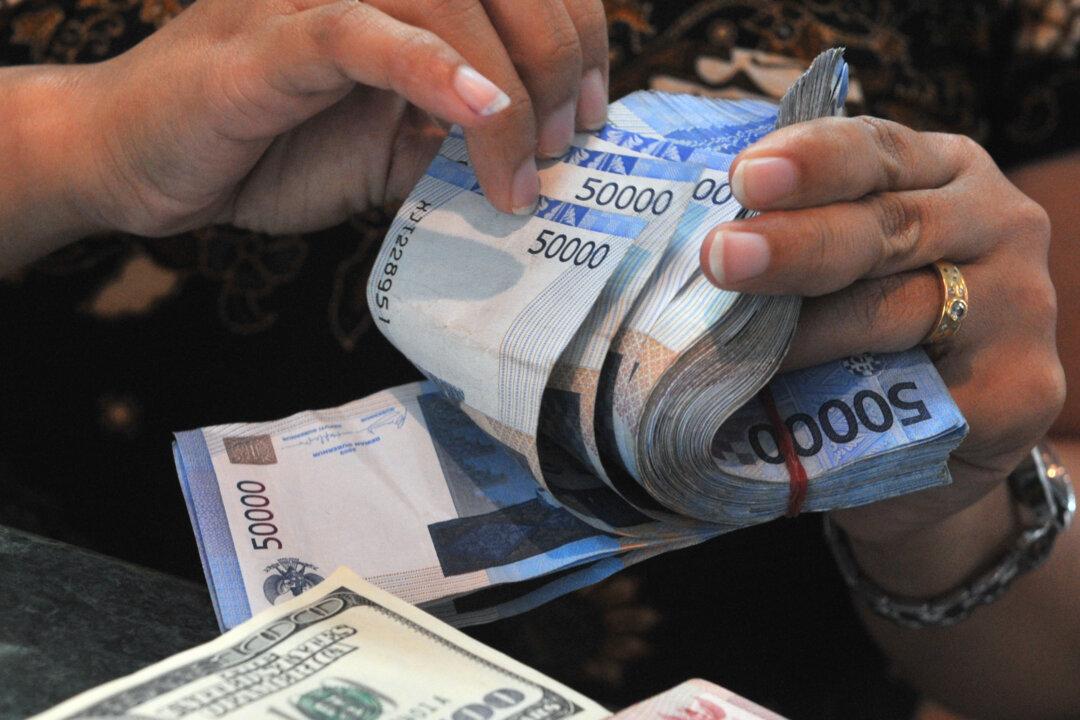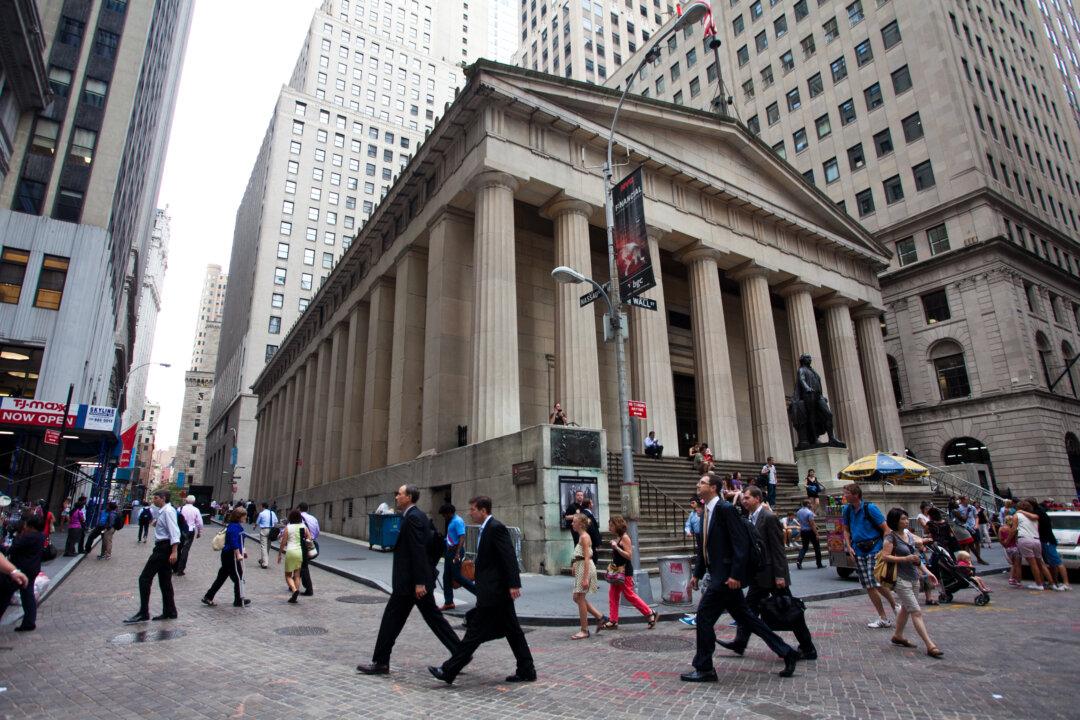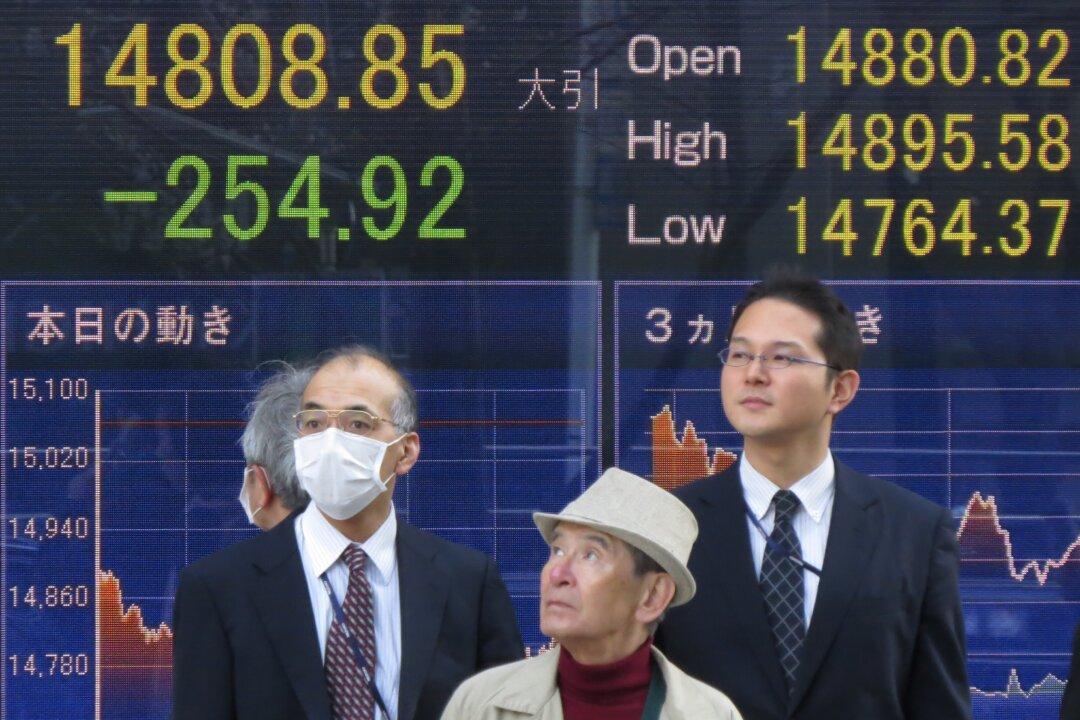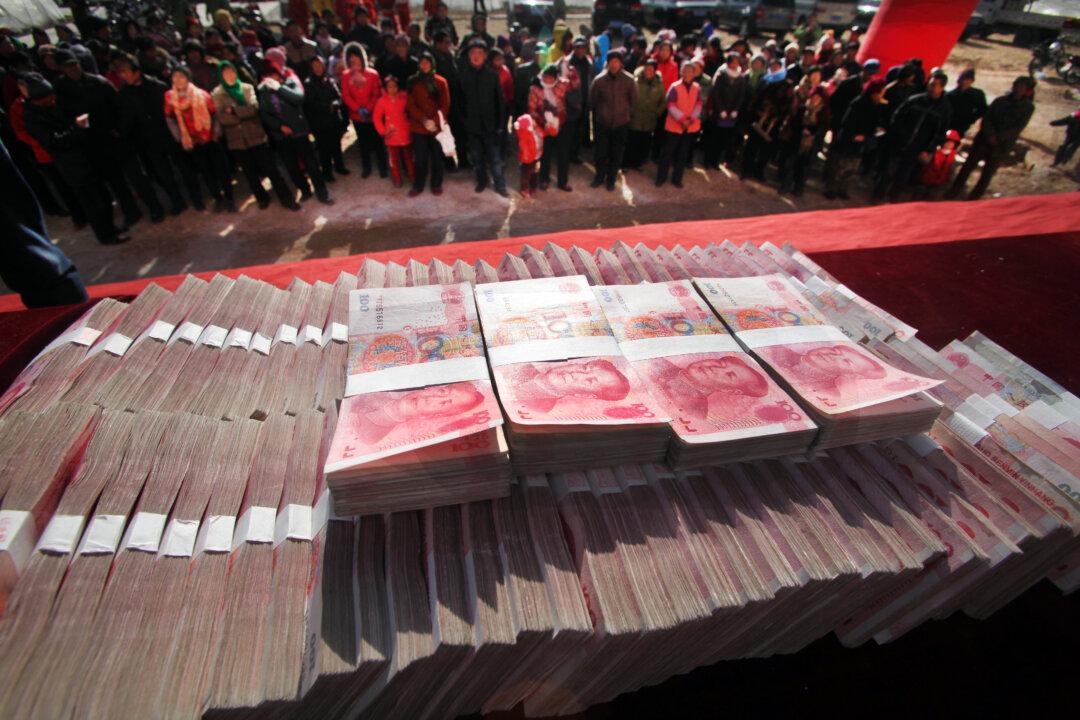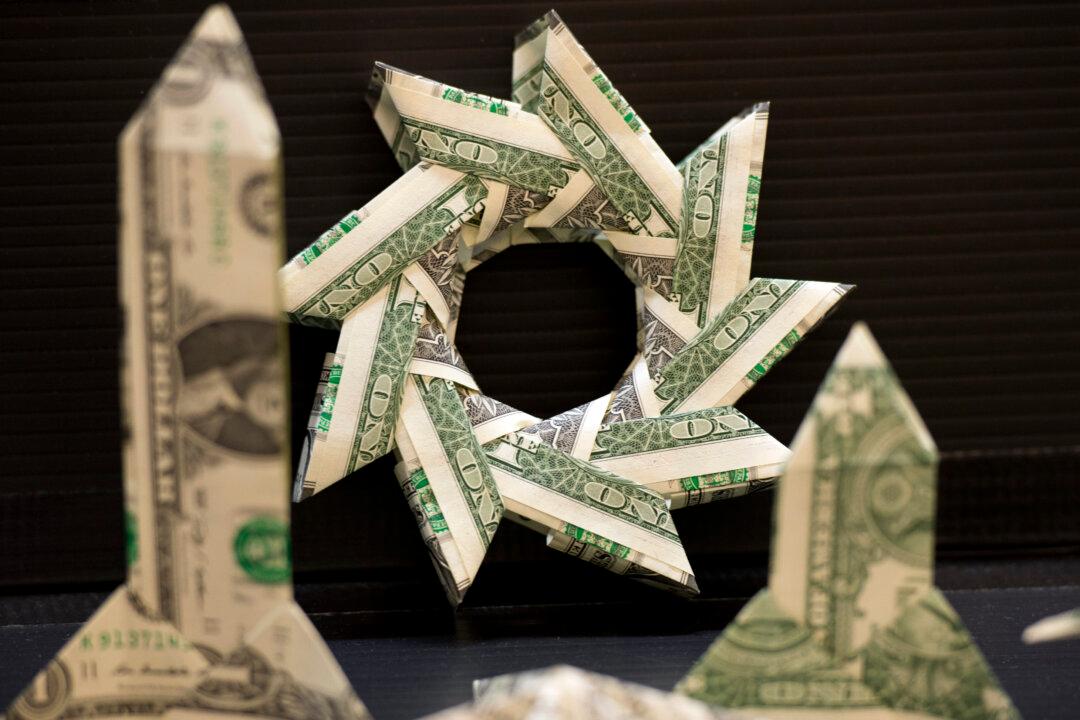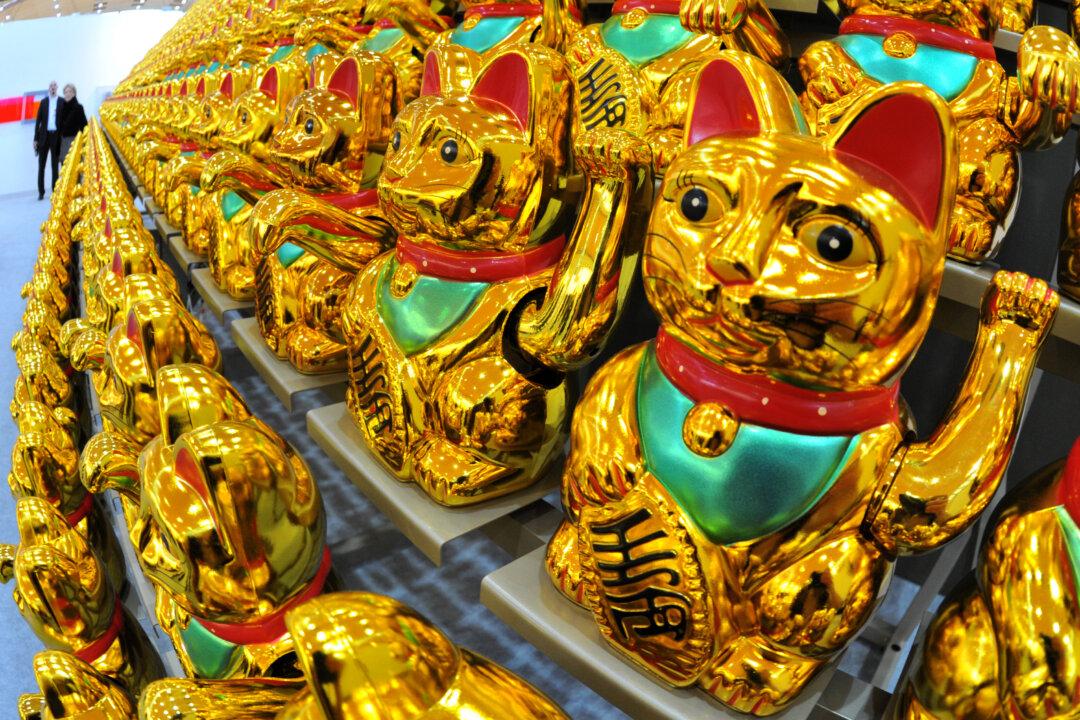Warren Song
Author
LATEST
The Sand Trap of Emerging Markets Equity Pricing
The No. 1 rule in capital markets is trust: before you can buy or sell securities, you have to have a price in mind. This price comes from research of the information available in the market.
|
Currency of a True Developing Country Has an Uphill Climb
A true developing country has an economy that has been in developing country status for decades, and will surely remain in that league for years to come.
When a developing economy is viewed in the world as having no hope of achieving “advance economy” status for decades to come, or is called a “true developing country,” it means that the country has fundamental flaws in its political and legal system that cannot be fixed easily.
|
The Hard Road to Becoming a Developed Country
After World War II the world entered a period of relative peace and prosperity, enabling countries around the world to begin the process of rapid industrialization. Among the roughly 200 countries, fewer than 40 achieved developed country (International Monetary Fund standard) status.
|
Which Firm Will Dominate Wall Street? The One That Goes Back to Partnership
As an integral part of the economy, Wall Street will never disappear. But with a terrible reputation for many years, especially since the Great Recession, the industry is at a critical moment: Wall Street worried that the scandals during the financial crisis would give rise to crushing government regulation—and eat into their ability to mint massive paydays.
|
Japan Lost the Battle to Be a Top-Tier Power
South Korea is an unlikely competitor to mighty Japan: Its long history of farming and Confucian teachings suggest a more Taiwan-like society.
|
The Concept of ‘National Interests’ Is Misleading and Dangerous
We often hear politicians talking about “national interests” to justify government decisions, especially in international affairs, to demonstrate that they are patriotic and righteous. Since this concept is so poorly defined and can be interpreted in almost any way you want, “national interests” can easily migrate into “patriotism” or “protecting citizens,” which was used by Russia’s Vladimir Putin to lay claim to Crimea.
|
Chinese Currency Faces Critical Test in the Next Few Weeks
With the ending of China’s two big political meetings (Political Consultative Conference on March 12 and the National People’s Congress on March 13), the time has come for big and difficult economic decisions concerning the exchange rate. The exchange rate for the yuan is an urgent issue and the Chinese authorities have to decide whether a one-time big depreciation or a gradual depreciation is in their interest. There’s no time to lose.
|
The Best Measure of Social Well-Being: The Discounted GDP
We forget that the reason we work so hard to achieve economic growth is to use the output to live a better life.
|
The Shadow Wall Street Casts on NYC
Since the last great American banker, New Yorker John Pierpont Morgan, saved the American financial industry in 1907, avoided a financial market panic, and trigged the creation of the omni-important Federal Reserve System, we have not seen another great banking hero emerge since. Instead, a century later, almost every major financial institution was involved in the subprime mortgage crisis scandal that came to light in 2008.
|
The Sand Trap of Emerging Markets Equity Pricing
The No. 1 rule in capital markets is trust: before you can buy or sell securities, you have to have a price in mind. This price comes from research of the information available in the market.
|
Currency of a True Developing Country Has an Uphill Climb
A true developing country has an economy that has been in developing country status for decades, and will surely remain in that league for years to come.
When a developing economy is viewed in the world as having no hope of achieving “advance economy” status for decades to come, or is called a “true developing country,” it means that the country has fundamental flaws in its political and legal system that cannot be fixed easily.
|
The Hard Road to Becoming a Developed Country
After World War II the world entered a period of relative peace and prosperity, enabling countries around the world to begin the process of rapid industrialization. Among the roughly 200 countries, fewer than 40 achieved developed country (International Monetary Fund standard) status.
|
Which Firm Will Dominate Wall Street? The One That Goes Back to Partnership
As an integral part of the economy, Wall Street will never disappear. But with a terrible reputation for many years, especially since the Great Recession, the industry is at a critical moment: Wall Street worried that the scandals during the financial crisis would give rise to crushing government regulation—and eat into their ability to mint massive paydays.
|
Japan Lost the Battle to Be a Top-Tier Power
South Korea is an unlikely competitor to mighty Japan: Its long history of farming and Confucian teachings suggest a more Taiwan-like society.
|
The Concept of ‘National Interests’ Is Misleading and Dangerous
We often hear politicians talking about “national interests” to justify government decisions, especially in international affairs, to demonstrate that they are patriotic and righteous. Since this concept is so poorly defined and can be interpreted in almost any way you want, “national interests” can easily migrate into “patriotism” or “protecting citizens,” which was used by Russia’s Vladimir Putin to lay claim to Crimea.
|
Chinese Currency Faces Critical Test in the Next Few Weeks
With the ending of China’s two big political meetings (Political Consultative Conference on March 12 and the National People’s Congress on March 13), the time has come for big and difficult economic decisions concerning the exchange rate. The exchange rate for the yuan is an urgent issue and the Chinese authorities have to decide whether a one-time big depreciation or a gradual depreciation is in their interest. There’s no time to lose.
|
The Best Measure of Social Well-Being: The Discounted GDP
We forget that the reason we work so hard to achieve economic growth is to use the output to live a better life.
|
The Shadow Wall Street Casts on NYC
Since the last great American banker, New Yorker John Pierpont Morgan, saved the American financial industry in 1907, avoided a financial market panic, and trigged the creation of the omni-important Federal Reserve System, we have not seen another great banking hero emerge since. Instead, a century later, almost every major financial institution was involved in the subprime mortgage crisis scandal that came to light in 2008.
|

